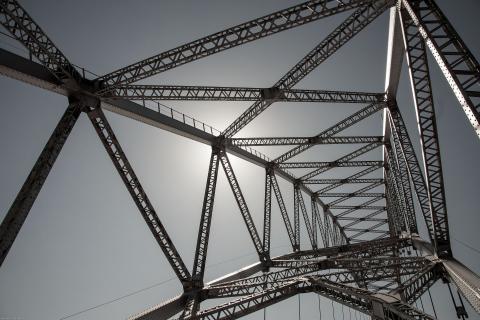
Title: New Moroccan PPP Law Summary
Languages: English
Region: Middle East and North Africa (MENA)
Country: Morocco
Keywords: PPP Project Cycle, Legal Framework *, Parties, Preparation, Procurement, Implementation, Contract, Termination, PPP Options, Risk, Legal issues, Public Sector, Private Sector, Revenue Sources / Funding, Financing, Key contractual provisions, PPP Unit *
DocumentLink(s):
Document Details:

New Moroccan PPP Law, Client Alert by Paule Biensan and François-Guilhem Vaissier, White and Case, April 2015
In order to facilitate the development of infrastructure projects, the Kingdom of Morocco recently created a new category of contracts implemented through the enactment of the law n° 86-12 pertaining to public-private partnership contracts. The purpose of this law is to help define a unified and incentivizing framework conducive to the development of infrastructures in Morocco and to the increase of visibility of foreign and local investors, it being specified that these provisions will be completed shortly by an implementing decree. This law was published on 24 December 2014 and the French version was published on 5 February 2015. The law was drafted after analyzing the different legal frameworks of public-private partnership contracts in various countries, such as France, Spain and Egypt, which influenced the legal scope applicable to these contracts. This client alert explains the rules pertaining to the tender procedure of a PPP contract and the main provisions of a PPP contract according to the new law.
Related Information:
Tracking Reference:
Morocco_New Moroccan PPP law_EN.pdf
The inclusion of or reference to any materials on this website does not mean that they are in any way approved, endorsed or recommended by the World Bank, the PPPLRC or by the donors who support the website. The PPPLRC accepts no responsibility or liability whatsoever with regard to the materials on this website. The materials are:
- not necessarily comprehensive, complete, accurate or up to date;
- sometimes linked to external sites over which the PPPLRC has no control and for which the PPPLRC assumes no responsibility;
- reference materials for information ONLY. They should not be relied on as a substitute for specific legal advice (if you need specific legal advice, you should always consult a suitably qualified professional).
The goal of the PPPLRC is to keep the information on this website timely and accurate. If errors are brought to our attention, we will try to correct them. Please contact us at ppp@worldbank.org.
Updated: August 25, 2020